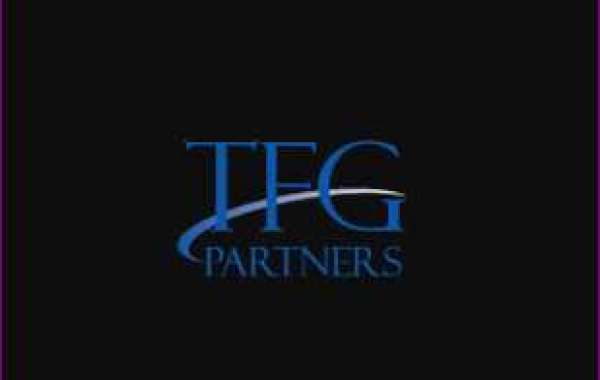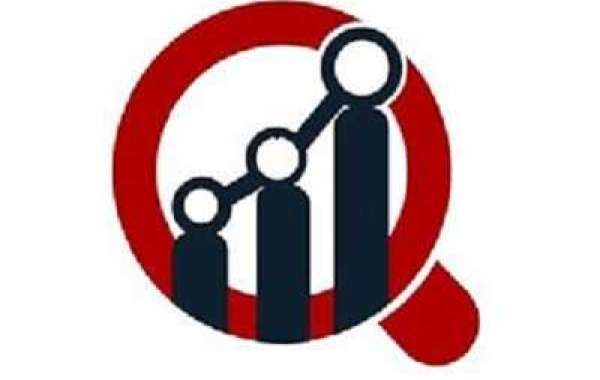Health care costs consume an ever-increasing part of the economy, and employers self-funding their benefit plans bear much of the burden. Sponsors can better understand the cost increases by scheduling a prescription claims audit. Most outsource their claim administration and receive reports from processors. But auditors add a layer of oversight and additional reporting that adds valuable insight. Audit setups can include many of a plan's specific provisions to ensure they are considered as claims are paid. It also helps to detect and flag mistakes that can be recovered financially.
If every there was an event that highlighted the value of accurate claim payments and oversight to confirm their correctness, it was the coronavirus pandemic. There was an out-of-control situation for most of a year in which hospitalizations and historic expenses accrued. Reviewing the claims paid during that period and assessing its trends provided valuable management insight. Regardless of whether a corporation or nonprofit organization was funding the medical and pharmacy benefit plan, the budgetary impact was enormous. Clear reports from auditors provided desperately needed insight.
Like many other things, the trajectory of claim auditing has been impacted by technology as software has advanced. The first revolutionary change was 100 percent claim reviews. It set aside decades of random sampling and significantly reduced human involvement. Highly accurate reviews are faster, and they can check up on every claim. It was a game-changer and ushered in a new era of accountability and accuracy. Third-party processors taking over most claim administration for employer-funded plans has also accelerated thanks to system improvements. It makes oversight even more vital for plan sponsors.
A health plan's specific provisions have much to do with how its claims are paid. Sometimes, they go with the flow and match many other programs. But, depending on the employer and its employees, services, treatments, or medicine may be covered differently than most others. Auditing can confirm whether or not those are being honored and payments processed accurately. If not, it can suggest system fixes and flag items for recovery. Audit results are concrete, and little is left to question. It gives plan sponsors a solid leg to stand on in negotiations, especially with clear reports.










